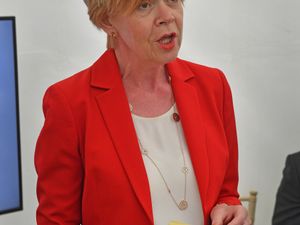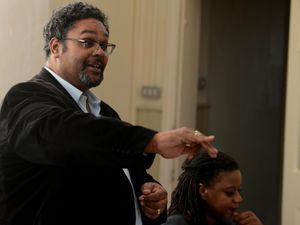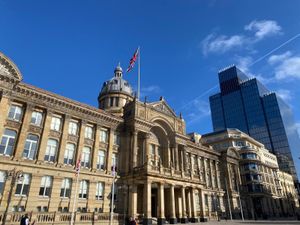£57m for Sandwell Council home improvements
Around £57 million will be spent by Sandwell Council on home improvements over the next decade so families do not have to choose 'between heating and eating'.
The money has been set aside under the authority's ambitions to provide 'affordable warmth' for families.
Plans for spending could include replacement of electric storage heaters with gas central heating, installing double glazing in council homes, one-off boiler replacements and external wall insulation.
A report into the efficiency of providing energy from photovoltaic cells - very advanced solar panels - is also under consideration.
Phil Deery, the asset manager of the council's homes and communities department, stated in a report to be considered by a tenant review panel tonight (TUES): "The cost of energy is the subject of debate across the country and there are regular reports of families having to make the choice between heating and eating."
It comes after latest figures, which emerged in December, revealed one in three households in the borough was living in fuel poverty.
The situation in Sandwell is worse than other parts of the country. Nationally one in five households live in fuel poverty, which means a household cannot keep their homes adequately warm at a reasonable cost.
Councillor Steve Eling, the borough's finance chief, said the authority had prioritised this as an area for investment because of the number of homes struggling with energy bills.
He said: "Having energy efficient homes is critically important. People will see a direct benefit from this as it brings their household bills down.
"If people had to choose between having new kitchen units fitted or halving their heating bill, I think they would make this choice themselves."
The authority, which itself needs to save £120m by 2016, had been hoping for clarity from the Government in its autumn statement on what funding it could draw down for efficient energy schemes.
It has been hoping to be able to receive funds from the so-called Energy Company Obligation, under which large energy supplier companies could help cover the costs of energy efficiency measures for homes.
While it is still not certain what money will be available from that source however, the authority has decided to fast track improvements to 500 non-traditional homes in the next two financial years. Many of these are concrete panel houses built in the 1950s and 1960s.
That is instead of the original plan to do this work over the next four financial years.
The council has already run the Sandwell Energy Switch, a scheme which helps residents club together to change suppliers so they have greater collective buying power and companies offer them cheaper deals.





